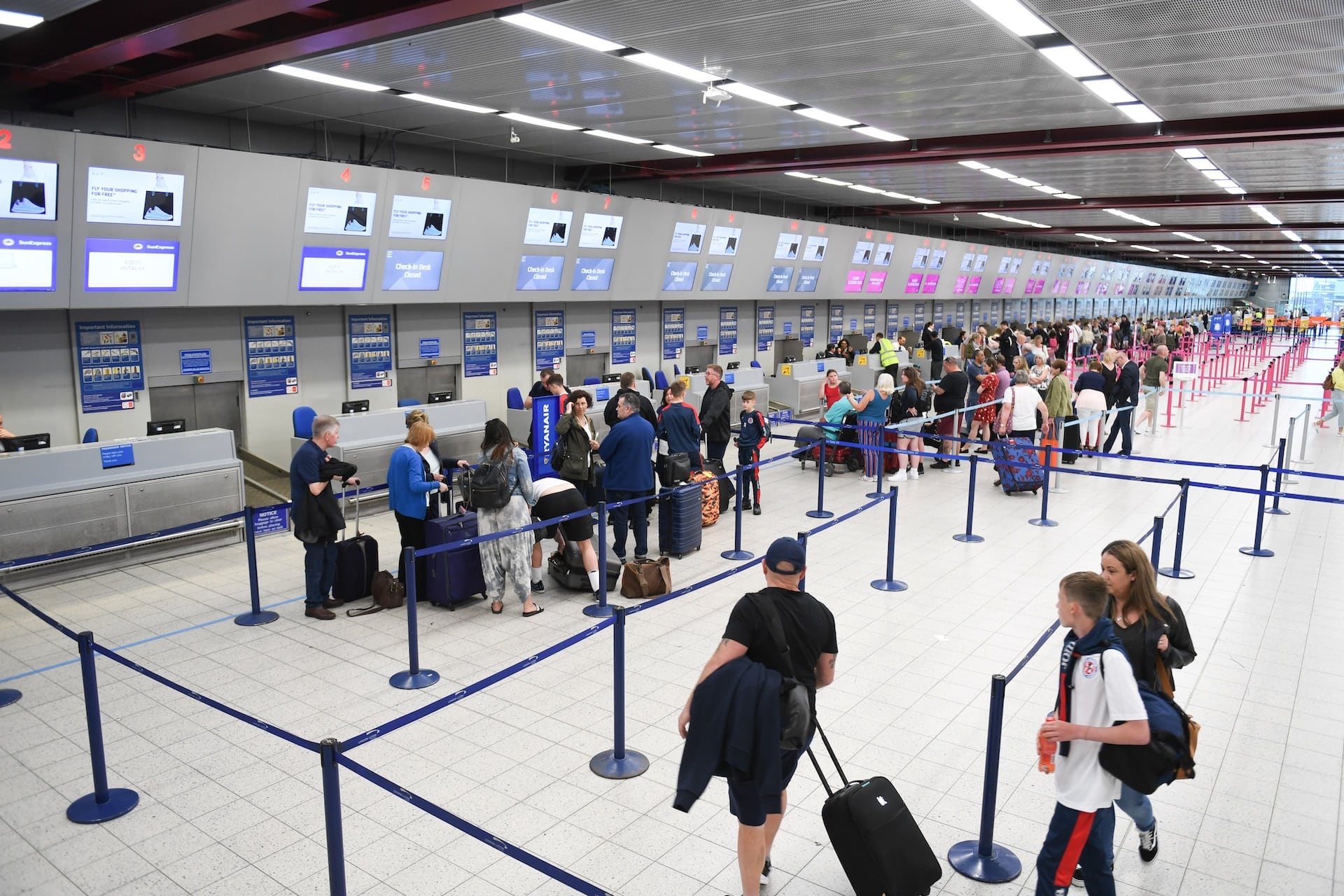As travel managers, we understand the importance of time management and productivity. With so many tasks to juggle, from booking flights to arranging accommodations and ensuring traveler safety, it can be challenging to stay on top of everything. That’s why it’s crucial to implement time-saving tips and techniques to streamline processes and improve overall productivity.
In this article, we will explore some practical strategies that travel managers can use to optimize their workflow, save time, and boost productivity. Whether you’re a seasoned veteran or just starting in the travel management field, these tips will help you stay organized, efficient, and effective in your role.
How Travel Manager Book Workforce Travel Arrangements
1 – Communicate Travel Procedures
One of the first tasks that travel managers must undertake is to communicate travel procedures to their workforce. This includes outlining the company’s travel policy, providing guidelines for booking travel arrangements, and ensuring that travelers are aware of any procedures or requirements they need to follow. By doing so, travel managers can save time and avoid confusion or delays down the line.
2. Use Travel Management Software
Travel management software is an essential tool for travel managers looking to streamline their workflow. It can help with everything from booking flights and hotels to managing expenses, tracking itineraries, and communicating with travelers. By using a centralized platform, travel managers can save time and improve their productivity by having all the information they need in one place.
3. Book in Advance
Booking travel arrangements in advance can save time and money. By planning, travel managers can take advantage of discounts and promotions, avoid last-minute rush fees, and ensure that everything is in place before the trip. This also gives the travel manager enough time to resolve any issues that may arise, such as flight cancellations or hotel overbookings.
4. Centralize Data
Centralizing data is a crucial step in improving productivity for travel managers. By having all of the necessary information in one place, travel managers can quickly access and analyze data, track expenses, and monitor travel patterns. This can help them identify areas for improvement and make informed decisions that save time and money.
5. Automate Where Possible
Automating repetitive tasks such as data entry, expense tracking, and itinerary creation can save travel managers a significant amount of time. By using automation tools, travel managers can focus on higher-level tasks such as strategic planning and risk management, which require critical thinking and decision-making skills.
Three Ways Travel Managers Can Increase Efficiency
1. Use Technology to Streamline Processes
Technology can help travel managers automate many time-consuming tasks, such as booking travel, tracking expenses, and communicating with travelers. By using travel management software and other tools, travel managers can streamline processes and reduce the time and effort required to manage travel.
2. Implement Clear Policies and Guidelines
Clear policies and guidelines can help travel managers make decisions quickly and with confidence. By establishing guidelines for travel expenses, booking procedures, and other aspects of travel management, travel managers can reduce confusion and ensure that everyone is on the same page.
3. Encourage Communication and Collaboration
Effective communication and collaboration are essential for travel managers to work efficiently. By encouraging open communication between travelers, travel managers, and other stakeholders, travel managers can identify potential issues and find solutions quickly. Collaboration tools such as shared calendars and project management software can also help travel managers work together more effectively.
Conclusion
To sum up, travel managers play a vital role in ensuring smooth business travel operations, and their productivity is critical to the success of their organizations. By implementing time-saving tips such as automating tedious tasks, using collaborative tools, and prioritizing tasks, travel managers can improve their productivity and save valuable time. Additionally, maintaining a healthy work-life balance, setting realistic goals, and continuously learning and improving can help travel managers stay motivated and productive.
By following these time-saving tips, travel managers can enhance their efficiency, effectively manage their time, and achieve their goals, leading to better business outcomes for their organizations.
If you are looking for a CLC hotel locator app, try Globeo. Our corporate lodging solutions for crew travel throughout the USA, Canada, and Mexico. Our comprehensive reporting and 24/7 concierge service are powered by our online booking portal.










